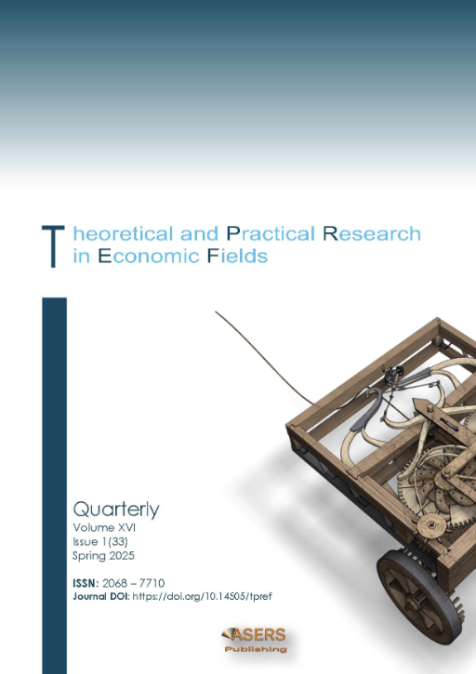Podcasts
Financialization and increased economic fragility
Related topics:
Since the 1980s, financial activities and assets have gained significant prominence in the global economy, surpassing the growth rate of underlying economic activity measured by global GDP. This disparity has led to an expanding gap between financial activity and the real economy, increasing susceptibility to financial instability. Economies have become reliant on governmental fiscal and monetary support, but governments face challenges due to high debt, interest rates, and expanded central bank balance sheets. This situation has left us in unknown territory, where the looming threat of a financial crisis, coupled with governments' limited capacity to respond effectively, represents the most significant risk to the global economy at present.








